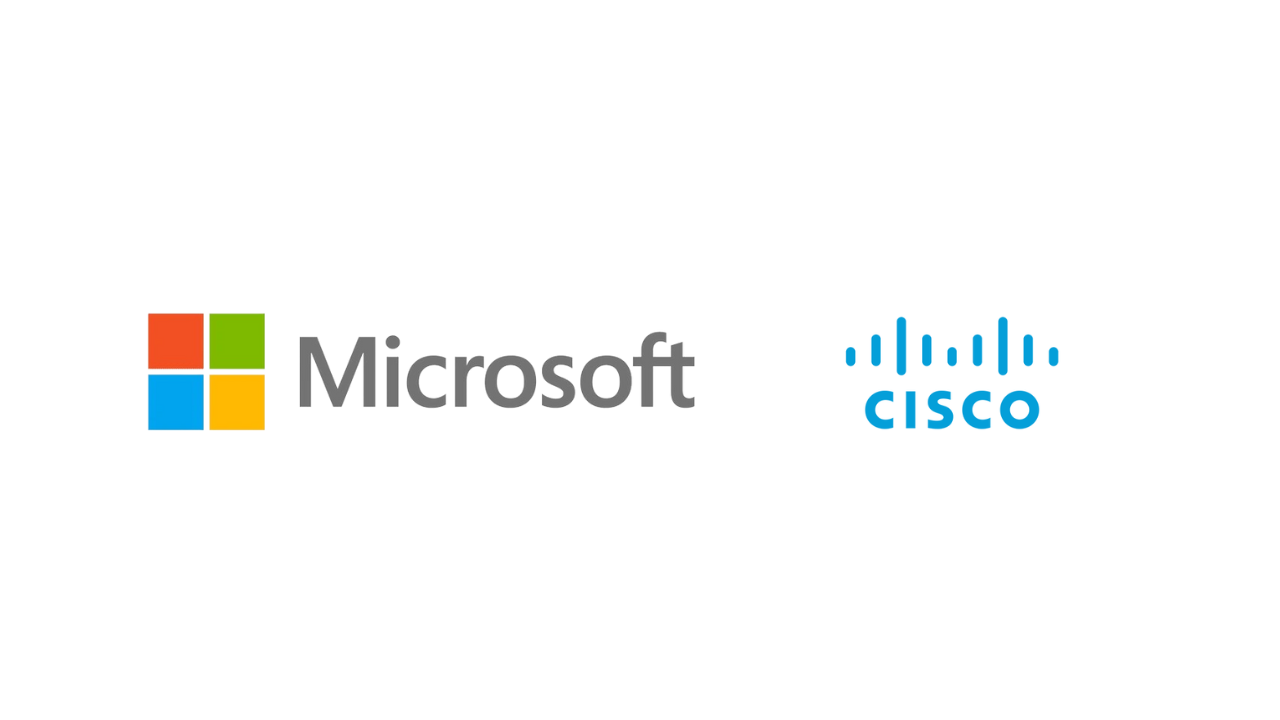
SEO Slug: ibms-blockchain-next-big-thing-security
SEO Meta Description: Explore how IBM’s Blockchain is revolutionizing cybersecurity. Learn about its features, use cases, and how it’s enhancing data protection, fraud prevention, and more in this detailed guide.
Blockchain technology has emerged as one of the most promising innovations of the digital age. Originally associated with cryptocurrency, its potential in the broader tech world is now undeniable, especially in enhancing security. IBM’s Blockchain stands at the forefront of this movement, offering cutting-edge solutions to transform how businesses and organizations secure their data and systems. In this article, we’ll explore IBM’s contributions to blockchain technology and why it is the next big thing in cybersecurity.
IBM’s Blockchain Platform
The Evolution of IBM’s Blockchain Platform
IBM’s journey into blockchain technology started years ago, with the company recognizing the potential of decentralized ledgers to solve some of the world’s biggest security problems. The IBM Blockchain platform leverages Hyperledger, an open-source framework designed for enterprise
use. Over time, IBM has refined its platform, offering businesses powerful tools to create, manage, and scale blockchain networks securely.
The company’s involvement in blockchain has gone beyond mere adoption; it has become a leader in helping other businesses integrate blockchain into their operations. IBM’s Blockchain platform is designed with scalability, security, and interoperability in mind, making it an ideal solution for enterprises that need a trusted, secure framework.
Key Features of IBM Blockchain Solutions
The IBM Blockchain platform is distinguished by its three core features: decentralization, transparency, and security protocols.
Decentralization: By distributing data across a network of computers, IBM’s Blockchain ensures that no single point of failure exists. This feature is crucial for preventing unauthorized access and cyberattacks.
Transparency: Blockchain transactions are visible to all participants in the network, ensuring that every action is recorded immutably. IBM’s Blockchain guarantees that data integrity is maintained at all times.
Security Protocols: IBM uses advanced cryptographic techniques to ensure that data shared on the blockchain remains secure. Every transaction is verified by multiple parties before it becomes part of the ledger, greatly reducing the chances of fraud or tampering.
Blockchain and Cybersecurity: A Natural Pair
How Blockchain Enhances Data Integrity
One of the most powerful aspects of IBM’s Blockchain is its ability to ensure data integrity. Each transaction on a blockchain is linked to the previous one, creating a secure chain of records. This design prevents unauthorized changes, as altering any record would require changing every subsequent entry, a nearly impossible task in a large decentralized network.
Blockchain also uses hashing, where data is converted into a fixed-length string. This string, or hash, makes it easy to verify the integrity of data without revealing the actual information. For security applications, this feature makes blockchain an essential tool in preventing data manipulation and fraud.
Protection Against Cyber Attacks: IBM’s Approach
IBM’s Blockchain takes cybersecurity to the next level by providing a system where data is not only secure but verifiable. In a world rife with cyberattacks, blockchain technology provides an additional layer of protection. The decentralized nature of blockchain means that it is virtually impossible for cybercriminals to target one central server. Additionally, IBM employs advanced encryption techniques to protect sensitive data, making it a highly secure option for organizations concerned about their digital assets.
Blockchain’s Role in Reducing Fraud
Fraud is a persistent challenge in today’s digital world, but IBM’s Blockchain helps mitigate this risk by ensuring that every transaction is traceable and transparent. With blockchain, there’s a permanent, time-stamped record of every action taken, which is crucial for detecting fraud early. In industries like finance, where fraud is a major concern, IBM’s blockchain solutions are playing a key role in building trust and accountability.
Blockchain Use Cases in Security
Securing Digital Identity
Digital identity theft is one of the most pressing security concerns in the modern world. Blockchain has emerged as a solution, offering a way to securely verify identities. IBM’s blockchain solutions enable individuals to have more control over their personal data and ensure that it is securely stored and easily verified.
IBM’s Blockchain allows users to create self-sovereign identities (SSIs) that are verifiable on the blockchain. These identities are not stored in a central database, reducing the risk of data breaches. Instead, they are decentralized and controlled by the individual, empowering users to control who has access to their personal information.
Blockchain in Supply Chain Management Security
Supply chain management is another area where IBM’s Blockchain is making a significant impact. The transparency of blockchain allows every step in the supply chain to be recorded and verified, reducing the risk of fraud, counterfeiting, and theft.
With IBM’s blockchain, businesses can track the origin of goods, verify the authenticity of products, and ensure that the information related to the shipment is accurate. This level of transparency provides an additional layer of security that traditional systems cannot offer.
IBM’s Use of Blockchain in Financial Security
The financial sector is a prime example of where IBM’s Blockchain is transforming security. IBM’s blockchain platform is being used by banks, financial institutions, and other organizations to streamline cross-border payments, improve transaction security, and reduce the risk of fraud.
Blockchain eliminates the need for intermediaries in financial transactions, reducing the potential for fraud. Additionally, every transaction on a blockchain network is timestamped and immutable, making it easy to audit transactions and ensure compliance with financial regulations.
Smart Contracts: Enhancing Security Through Automation
How Smart Contracts Work
Smart contracts are self-executing contracts with the terms of the agreement directly written into code. These contracts are executed automatically when the predefined conditions are met, eliminating the need for a trusted intermediary. IBM’s Blockchain platform supports the creation and execution of these contracts, ensuring that transactions are secure, transparent, and irreversible.
Benefits of Smart Contracts in Securing Transactions
The primary benefit of smart contracts is that they eliminate the risk of human error or intervention. Once the terms are set, they cannot be altered, ensuring that all parties involved in the transaction are held accountable. This feature enhances security by reducing the potential for fraud and errors in contract execution.
IBM’s smart contracts can be used in a variety of industries, from finance to healthcare, offering a reliable and secure way to automate business transactions.
IBM’s Contributions to Smart Contract Development
IBM has been a pioneer in the development of smart contracts, integrating them with its blockchain solutions to provide secure, automated services. By leveraging the capabilities of IBM’s Blockchain, businesses can take advantage of smart contracts to simplify complex agreements and improve security in transactions.
IBM’s Hyperledger: A Blockchain Framework for Enterprises
What is Hyperledger?
Hyperledger is an open-source blockchain framework created by the Linux Foundation. It provides a modular approach to developing blockchain solutions for enterprises, offering a customizable platform that can be tailored to specific business needs. IBM is a major contributor to the Hyperledger project, helping businesses implement blockchain technology across various industries.
Features and Benefits of Hyperledger in Security
Hyperledger’s design is focused on security and privacy, allowing enterprises to maintain control over their data while still benefiting from the transparency and immutability of blockchain technology. IBM’s blockchain solutions built on Hyperledger enable businesses to create secure, private blockchain networks that can be used to securely share sensitive data.
Real-World Applications of Hyperledger in IBM’s Blockchain Solutions
IBM’s use of Hyperledger has led to the creation of secure blockchain networks for various industries, including supply chain, finance, and healthcare. By leveraging Hyperledger, IBM ensures that businesses can create customized blockchain solutions that meet their security needs while also improving transparency and efficiency.
IBM’s Blockchain for Secure Data Sharing
How Blockchain Improves Secure Data Exchange
Data sharing is essential for businesses, but it also presents a security risk. IBM’s Blockchain provides a secure method for sharing data by ensuring that each transaction is transparent,
verifiable, and immutable. This creates a trusted environment where data can be shared between parties without the risk of tampering or unauthorized access.
Advantages of Blockchain for Protecting Sensitive Information
The biggest advantage of blockchain for data security is its ability to provide end-to-end encryption and create an immutable record of every transaction. This ensures that sensitive information, such as financial data or personal records, remains protected from unauthorized access.
Conclusion
IBM’s Blockchain is not just a trend—it’s a game-changer in the world of cybersecurity. By providing secure, transparent, and efficient solutions, IBM is helping businesses worldwide protect their data, prevent fraud, and streamline transactions. As blockchain technology continues to evolve, IBM’s Blockchain will undoubtedly play a critical role in shaping the future of cybersecurity.
The potential for IBM’s Blockchain to enhance security in a variety of sectors—ranging from finance and healthcare to supply chain management and digital identity verification—is immense. As we look to the future, it’s clear that IBM’s contributions to blockchain will be instrumental in creating a safer, more secure digital world.










